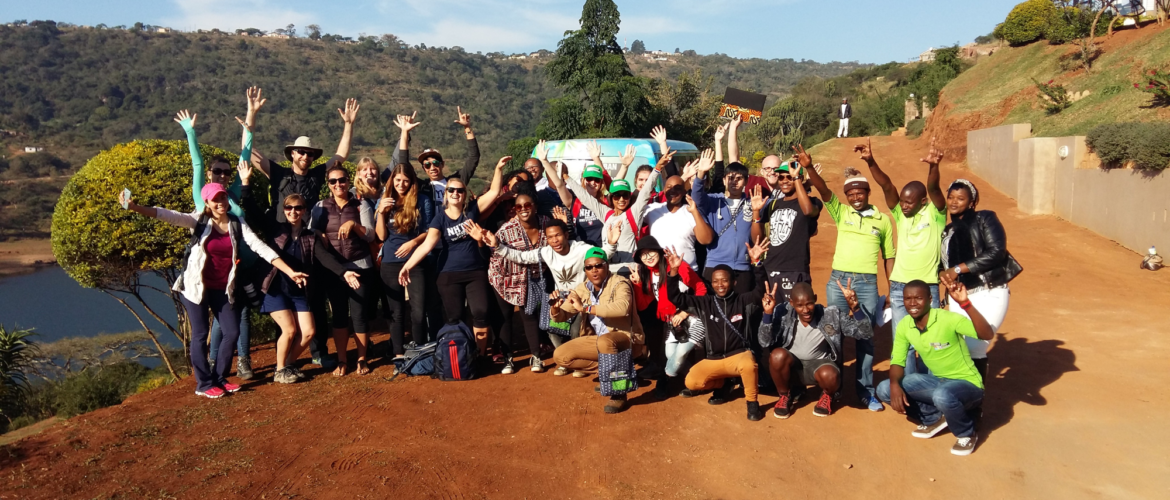With a growing demand in dark tourism today, we find a variety of names under which it can be studied: favela, slum, township, poverty tourism, and poorism. A community-based response to the growing demand for tourism in the favela, and an organized response to the exploitation carried on by favela tours today has a far-reaching leisure context that can be explored in São Paulo, Brazil. Some of the biggest slums in Latin America have been the object of interest of international tourists since the late 1980s; but unfortunately, according to the locals, the kind of tourism traditionally present in the favela has not represented local culture, citizens and community ethically. Is there a way that such tours could be ethical and help to alleviate poverty? Do these tours have potential as a tool in the community empowerment process?
Students participating in the 2018 Douglas Ribeiro da Silva Field School (24 August-1 September) will come from WL Centers of Excellence Otago University, NHTV Breda and Vancouver Island University (VIU), from other Brazilian and Latin American universities, as well as from the group working on the Young People’s Book on Leisure (YPBOL). They will conduct case study analysis of various aspects of favela tourism and community development within a leisure context. Each student will use their own multiple disciplinary insights of leisure studies and related study areas (e.g. gender issues, community development, urban design, Imagineering, sustainable leisure management, quality of life) and relying on various international backgrounds and knowledge, a critical examination of the conditions and opportunities for leisure access and inclusion will be carried out. The Field School will be supervised and coached by professors/lecturers from the various WLCE – they will provide lectures and will coach the teams. WLCE and other universities students will travel to the district of Perus, while the YPBOL group will work in Heliopolis.
The district of Perus is located in the northeast region of São Paulo city. In the early 1990s, occurred a great migration of people from various places in the country and other parts of the city of São Paulo with the consequent development of new habitation nuclei from the fight for housing, with emphasis on the Recanto dos Humildes, built by mutual aid scheme. In recent years the Perus district had a great cultural effervescence and social mobilization led by young people. Cultural groups, as the Quilombaque and the Pandora awoke in the youngsters the desire to change and nowadays several collectives see in art and culture a means of social change. Such movement attracts groups of researchers, who want to know the identity construction of this territory, which is why all initiatives are organized, aiming to strengthen and boost the development of local people and the environment.
Heliopolis is considered the largest favela of São Paulo city, where almost 90% of the community have urban infrastructure. Located in the southern region, it has approximately 180,000 inhabitants that with struggle turned the community into a reference in urbanization. The community has numerous projects created from partnerships with representative organizations in the areas of music, theatre, sports, among others, who recognized in the region a potential for development of people through leisure and cultural practices. These characteristics also attract researchers from different areas, which ensure the establishment of new partnerships and the development of academic projects.
The programming proposed for the Field School includes both daytime and night activities that present both contemplative and interactive experiences, so that the students’ immersion is guaranteed in these communities. And, thus, they will have the opportunity to study the barriers and experience issues and leisure practice in a local community.
As part of the legacy of the Douglas Ribeiro da Silva Field School, a volume will be published compiling innovative case studies of the issues addressed in Brazil.
For more information on the costs and funding opportunities, contact:
Sue Street, Assistant coordinator at: suestreetbc@gmail.com
or
Joanne Schroeder, Coordinator at: joanne.schroeder@viu.ca
Download the Field School application here.




